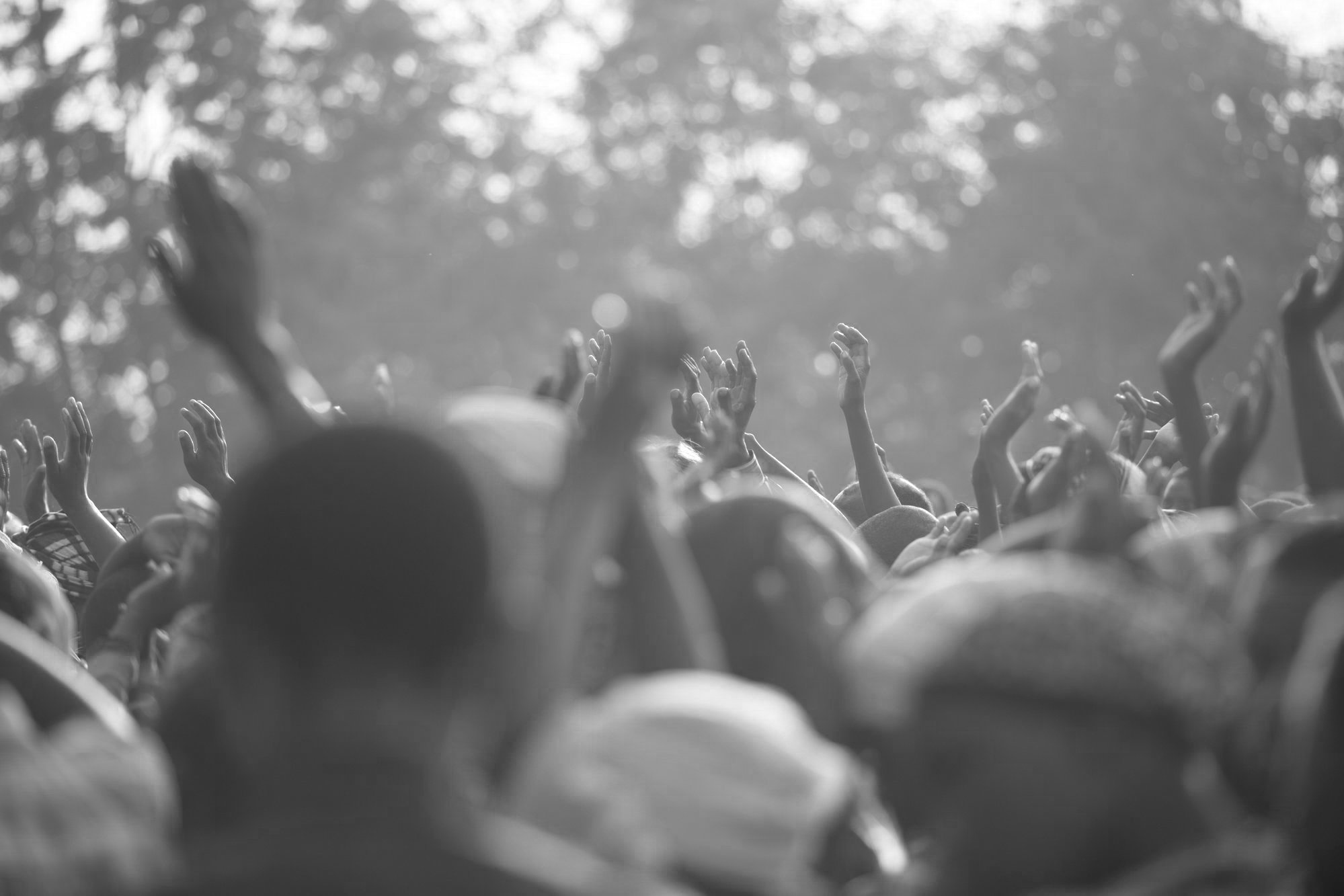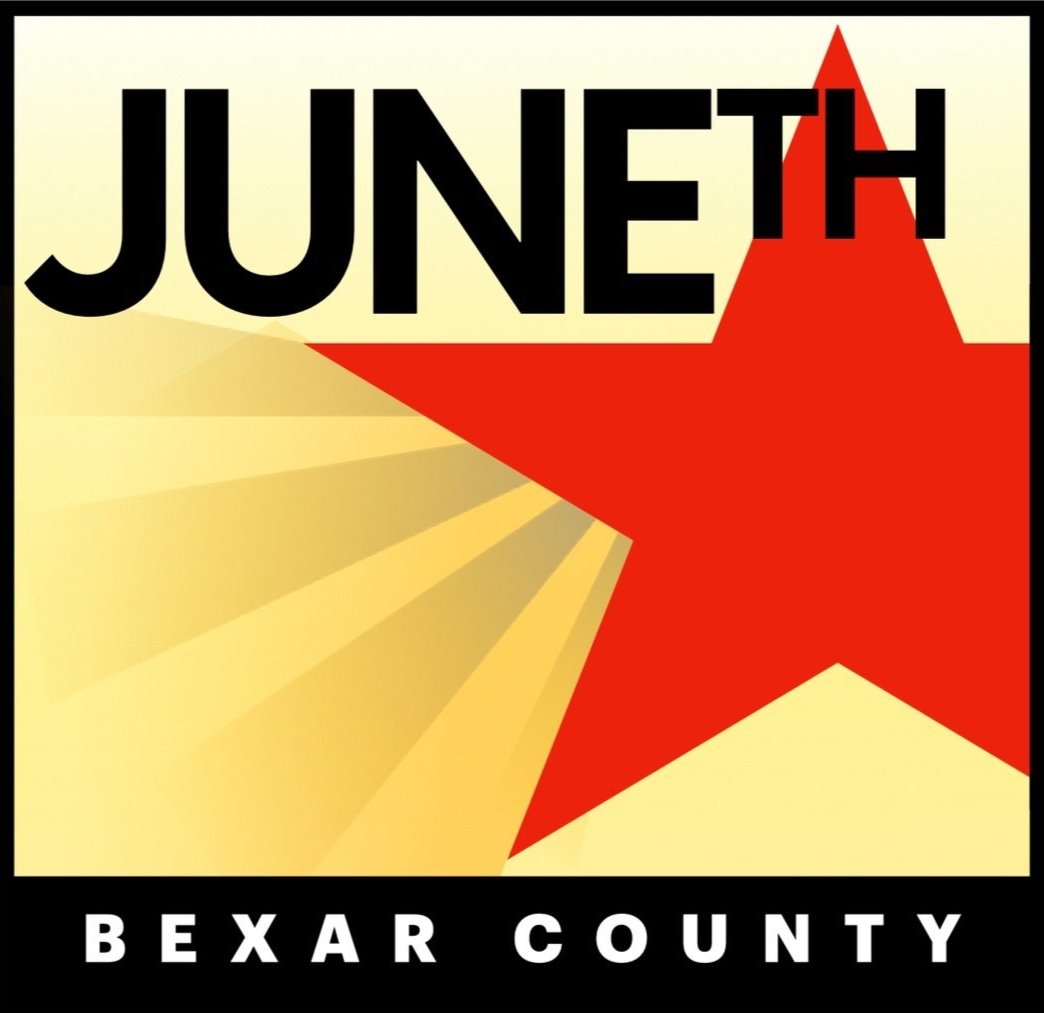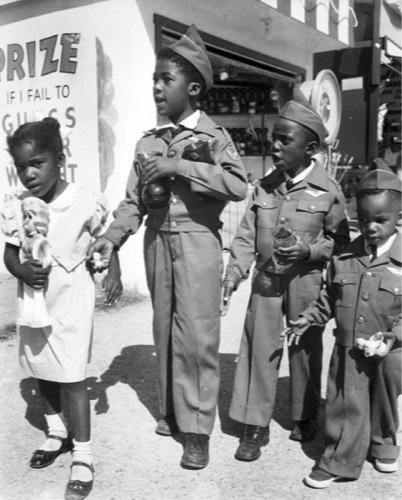
About the Juneteenth Holiday
President Abraham Lincoln
On September 22, 1862, on the heels of the Battle of Antietam, known as the bloodiest battle during the Civil War, President Abraham Lincoln issued a preliminary proclamation freeing the enslaved from the Confederate states. This proclamation allowed the military to help those who escaped enslavement slaves and protect them from being returned to the South. On “Freedom’s Eve,” or the eve of January 1, 1863, the first Watch Night services occurred.
On that night, enslaved and free African Americans gathered in churches and private homes nationwide, awaiting news that the Emancipation Proclamation had taken effect. At midnight, prayers were answered as all enslaved people in the Confederate States were declared legally free when he issued an Executive Order; the Emancipation Proclamation, dated January 1, 1863.
Black Union Soldiers
Union soldiers, many of whom were Black, marched onto plantations and across cities in the south reading small copies of the Emancipation Proclamation and spreading the news of freedom in the Confederate States. The proclamation declared that all people held as slaves in rebellious states were now free. The order could not be enforced in all of the South because of the war.
Although President Lincoln’s Proclamation was set to take effect in 1863, the Civil War did not end until April 19, 1865. Confederate states like Texas would certainly not comply until at least then. States like Texas had no incentive for slave owners to relay Lincoln’s message to the slaves.
Slavery was not legally outlawed until the 13th Amendment, passed by Congress January 31, 1865 and ratified on December 6, 1865. Neither slavery, nor involuntary servitude, except as a punishment for crime whereof the party shall have been duly convicted, shall exist within the United States, or any place subject to their jurisdiction.”
On June 19, 1862, the American 37th Congress adopted the to secure Freedom for all Persons within the Territories of the United States. The act reads:
“Be it enacted by the Senate and House of Representatives of the United States of America in Congress assembled, That from and after the passage of this act there shall be neither slavery nor involuntary servitude in any of the Territories of the United States now existing, or which may at any time hereafter be formed or acquired by the United States, otherwise than in punishment of crimes whereof the party shall have been duly convicted.”
APPROVED, June 19, 1862.
Gen. Gordon Granger
Exactly three years later, June 19, 1865, Major General Gordon Granger, and a unit of 2,000 Union soldiers arrived in Galveston, Texas to read General Order No. 3 and spread the news of freedom from slavery to African Americans in the state. He stood on the balcony of Galveston’s Ashton Villa and read:
"The people of Texas are informed that, in accordance with a proclamation from the Executive of the United States, all slaves are free. This involves an absolute equality of personal rights and rights of property between former masters and slaves, and the connection heretofore existing between them becomes that between employer and hired labor.
The freedmen are advised to remain quietly at their present homes and work for wages. They are informed that they will not be allowed to collect at military posts and that they will not be supported in idleness either there or elsewhere."
ASHTON VILLA, Galveston, Texas
REFERENCES:
https://nmaahc.si.edu/blogpost/historicallegacyjuneteenth#:~:text=On%20%E2%80%9CFreedom's%20Eve%2C%E2%80%9D%20or,Emancipation%20Proclamation%20had%20taken%20effect.
NARA: https://www.archives.gov/news/articles/juneteenth-original-document& https://www.history.com/this-day-in-history/lincoln-issues-emancipation-proclamation
Lauren Monsen: https://share.america.gov/juneteenth-remembering-end-of-slavery/
TSLAC: https://www.tsl.texas.gov/ref/abouttx/juneteenth.html
https://www.loc.gov/law/help/statutes-at-large/37th-congress/session-2/c37s2ch111.pdf
June 19th is known by many names, including Emancipation Day, Day of Jubilee, Liberation Day, and Freedom Day. June 19th is most notably known as Juneteenth.
The Emancipation Proclamation











